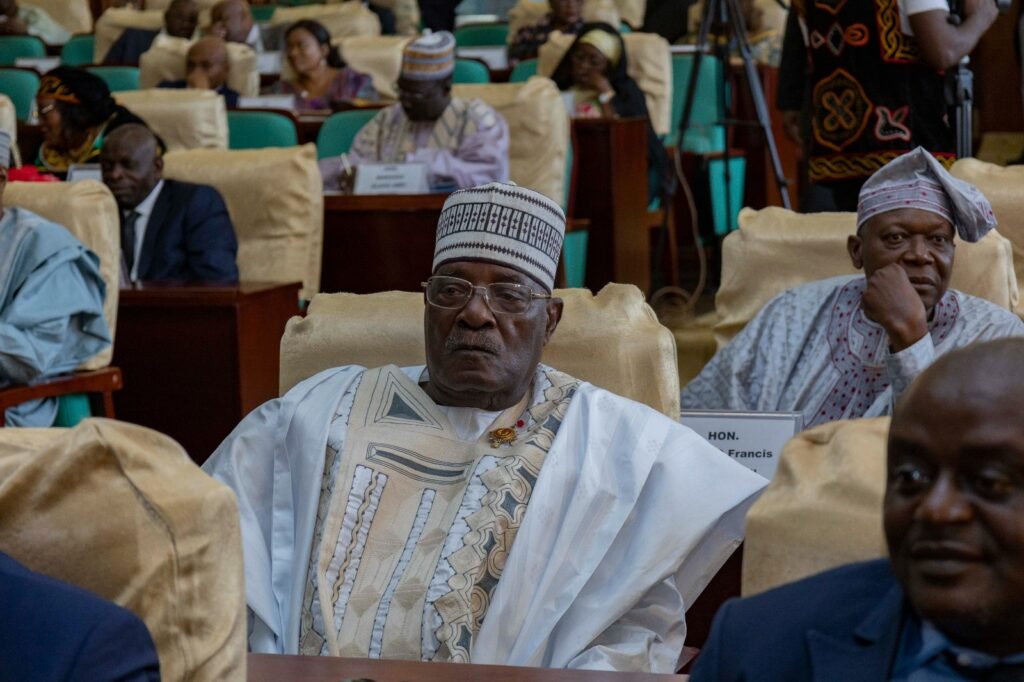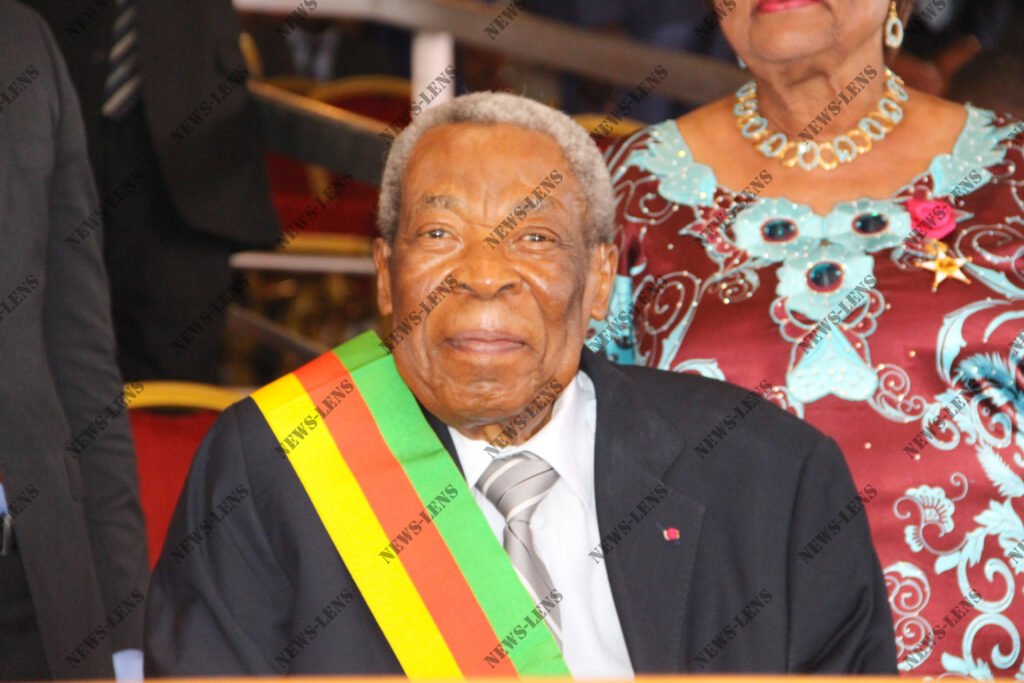By Etienne Mainimo Mengnjo
The political climate in Cameroon is charged with anticipation as the two houses of Parliament gear up for the imminent elections to appoint new bureau members.

As the days tick by, the atmosphere of suspense grows thicker, leaving a sense of ambiguity hanging over the impending decision of who will assume the leadership roles and steer the legislative activities in both houses.
The uncertainty surrounding the forthcoming leadership transition intensifies with each passing moment, setting the stage for a crucial juncture in Cameroon’s parliamentary landscape.
The question of whether the incumbent officeholders will retain their positions or new faces will emerge victorious remains unanswered until the upcoming electoral process unfolds.
For many Cameroonians who have closely followed these developments for an extended period, the re-election of the familiar figures would not come as a surprise.
“I am not expecting any new updates from the two Houses of Parliament regarding who will be elected as President. The same familiar faces will likely retain their positions. While I do hope for a change, I am skeptical that anything will actually change,” a concerned citizen said.
If Hon. Cavaye Yeguie Djibril secures the position of President of the Lower House of Parliament in the upcoming election if he stands for the post, the seasoned statesman, born in 1940, will make history as the longest-serving House speaker.
With a parliamentary tenure dating back to 1970, Hon. Cavaye assumed the role of House Speaker in 1992, succeeding Hon. Lawrence Fonka Shang. Should he stand and be elected, the 84-year-old Hon.
Cavaye will embark on his 32nd term as the Speaker of the National Assembly, surpassing 50 years of service at the Cameroon National Assembly by the end of the current mandate.
In the Upper House of Parliament (The Senate), the competition is expected to unfold between the incumbent, Senator Marcel Niat Njifenji, and any potential newcomers. Senator Niat Njifenji has been a Senator thanks to a Presidential appointment.

He was one of 30 senators who received their seats by presidential appointment; the other 70 senators were indirectly elected.
Having returned to the country to take part in the elections, many Cameroonians still see him as the one to be elected.
Despite the prevailing sentiment, some Cameroonians harbor doubts about the possibility of these seasoned statesmen being replaced.
Only a few Members of Parliament have managed to challenge their positions successfully, and even then, such instances are often seen as mere formalities rather than genuine contests, as noted by political analysts.